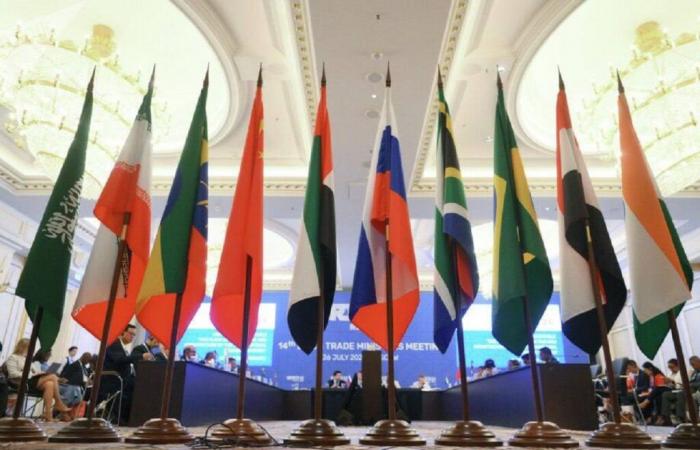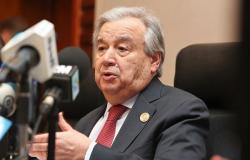
Brazil, a very important member of the BRICS group, seems to be taking strong resolutions to increase its hydrocarbon production without consulting its allies.
Indeed, Brazil, the United Arab Emirates and Azerbaijan have confirmed their desire to increase their oil and gas production by 32%.
A decision in total disagreement with the objectives announced by the signatories (of which they were part) of the resolution of the last COP, which aimed to contain the rise in temperatures.
Strong hydrocarbon production, the contribution of BRICS
Indeed, according to the International Energy Agency, the production of fossil fuels must fall by 55% by 2035 for the set results to be achieved.
At the rate things are going, these objectives, although widely debated, should not be achieved. Naturally, this announcement is a real blow, and above all, demonstrates the duality of certain speeches.
In Brazil, for example, President Lula continues to demand a fiercer fight against global warming, while authorizing new drilling or an increase in the production of the most polluting energies.
Naturally, this information had a lot of impact with environmental associations and activists, who are calling for fair regulation to finally move in the right direction.
Some are also calling on the countries concerned, those of the BRICS, to reverse their decision. According to them, another path is possible, even to the point of creating a “previous“ which would allow nations committed to the fight against global warming to establish themselves as leaders in energy transition.
Of course, the United States, China, Norway and even Canada and Australia, the main polluters, are also affected by these requests and repeated calls to fight more effectively against rising temperatures.





